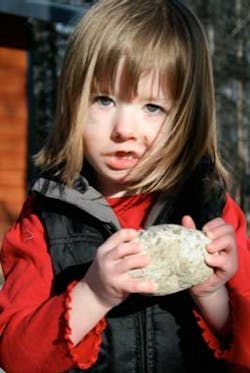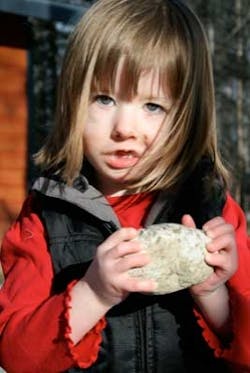Living with Moebius Syndrome: adjustment, social competence, and satisfaction with life
Used with permission from The Cleft Palate-Craniofacial Journal.Kathleen Rives Bogart, David Matsumoto (2010) Living With Moebius Syndrome: Adjustment, Social Competence, and Satisfaction With Life. The Cleft Palate-Craniofacial Journal: Vol. 47, No. 2, pp. 134-142.ORIGINAL ARTICLESLiving With Moebius Syndrome: Adjustment, Social Competence, and Satisfaction With LifeKathleen Rives Bogart, M.A. and David Matsumoto, Ph.D.Abstract© Kidsideup/Flickr
Context: Moebius syndrome is a rare congenital condition that results in bilateral facial paralysis. Several studies have reported social interaction and adjustment problems in people with Moebius syndrome and other facial movement disorders, presumably resulting from lack of facial expression.Objective: To determine whether adults with Moebius syndrome experience increased anxiety and depression and/or decreased social competence and satisfaction with life compared with people without facial movement disorders.Design: Internet-based quasi-experimental study with comparison group.Participants: Thirty-seven adults with Moebius syndrome recruited through the United States–based Moebius Syndrome Foundation newsletter and Web site and 37 age- and gender-matched control participants recruited through a university participant database.Measures: Anxiety and depression, social competence, satisfaction with life, ability to express emotion facially, and questions about Moebius syndrome symptoms.Results: People with Moebius syndrome reported significantly lower social competence than the matched control group and normative data but did not differ significantly from the control group or norms in anxiety, depression, or satisfaction with life. In people with Moebius syndrome, degree of facial expression impairment was not significantly related to the adjustment variables.Conclusions: Many people with Moebius syndrome are better adjusted than previous research suggests, despite their difficulties with social interaction. To enhance interaction, people with Moebius syndrome could compensate for the lack of facial expression with alternative expressive channels.Keywords: anxiety, depression, facial movement disorders, facial paralysis, Internet study, life satisfaction, Möbius or Moebius syndrome or sequence, psychological adjustment, social competence (skills)To read the full article, click here

